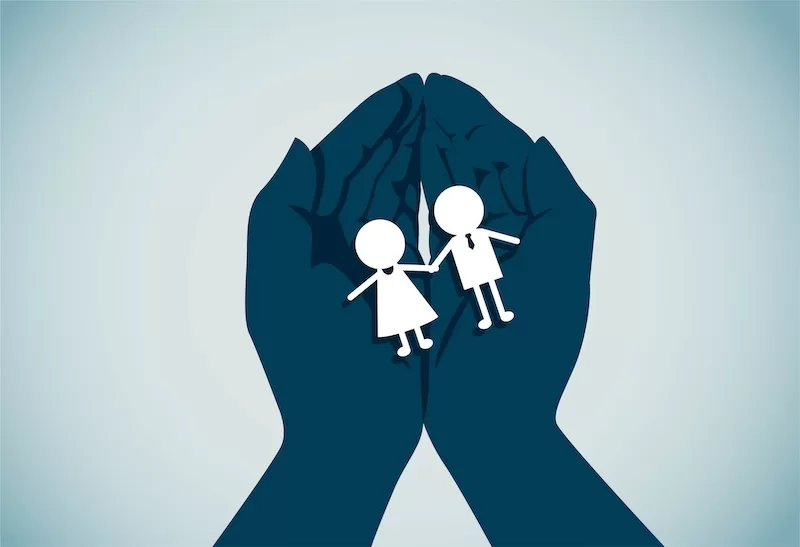It’s difficult for an American to understand the Chinese concept of Face because we really have no equivalent in our culture. The reason why a clear understanding of Face is vital for American expatriates in an overseas Chinese community like Singapore is because we don’t really have an equivalent concept, so it is difficult for us to understand what Face even is, much less how to influence our Chinese friends and associates in positive ways using our knowledge of FACE.
“Faces” are, in fact, interdependent, with individuals enjoying “Face” through association (whether within families, work groups or even national groups) with high status persons, gaining Face when one group member gains it and losing it the same way . An individual’s loss of Face can be the cut that unravels the complicated, carefully woven fabric of social relationships, the Guanxi, upon which his success in society depends.
As mentioned above, Chinese speak of a person having either a thick or a thin skin on their Face, referring to how easily their Face is compromised by the actions of people upon whom their Face is dependent. A Chinese with a thick skin on their Face is not easily af- fected by minor instances of loss of Face; a person with a thin skin on their Face is likely to become upset over even small matters.
One good way to think of Face is to think of the actual Face – the eyes, nose, mouth, ears, and all of the associated organs which taken together with touch are our entire human connection with the world. Now think of losing one or more of these organs – this would be the same as a severe loss of Face. Now think of losing all your sense organs – but not losing your life. This would be the same as complete loss of Face. So, in one sense “Face” is quite literal. To lose Face is to have jeopardized or to lose some or all of the ways one relates to others.
One of the most damaging reputations any person can have is that he BU GEI MIANZI (does not give “Face”), in other words, he embarrasses the people he deals with and causes them to lose “Face.” Conversely, a person who is proficient in the art of “Giving Face” not only enhances his own “Face” but ensures the most effective possible professional and personal relations with the Chinese he deals with.
Losing Face is much more intense than suffering embarrassment or shame. In extreme cases it can be like losing all the senses, losing one’s place in life. Complete loss of Face is like full exile. You become a non-person, even to family and close friends. You can’t speak or be spoken to; you can’t be heard or seen. You are just not present. Keep in mind that gaining Face in Singa- pore and all other Chinese communities worldwide enhances what is most precious, the nurturing bonds which comprise one’s whole identity. When a person gains Face by the act of another, there is no gift more appreciated or significant. Keep in mind that regardless of the business or technical con- cerns of your Chinese associates and colleagues, it is very likely that on a deeply personal level nothing you can offer them is more important than for their Face to be enhanced by the act of dealing with you.
For an American to say or do anything which separates a Chinese counter- part from this source of personal identity is painful and frightening in ways which as a westerner you can never fully comprehend. Nevertheless devel- oping an appreciation of the importance of Face, and avoiding trivializing it by making inappropriate comparisons with western ego-centered concepts, will be one of the most important things you can do to make your adjust- ment to living in Singapore a success.
This concept is deeply embedded in Chinese belief, history and mythology. Do not underestimate the power of what may seem small matters to injure another person, which will seriously threaten your effectiveness with all who know him.
ASK YOURSELF:
Are you going to have to change anything in your normal style of interaction with others in order to accommodate this concept of Face?
Excerpted and adapted from the ebook “Cultural Dimensions of Expatriate Life in Singapore” by Bill Drake.









